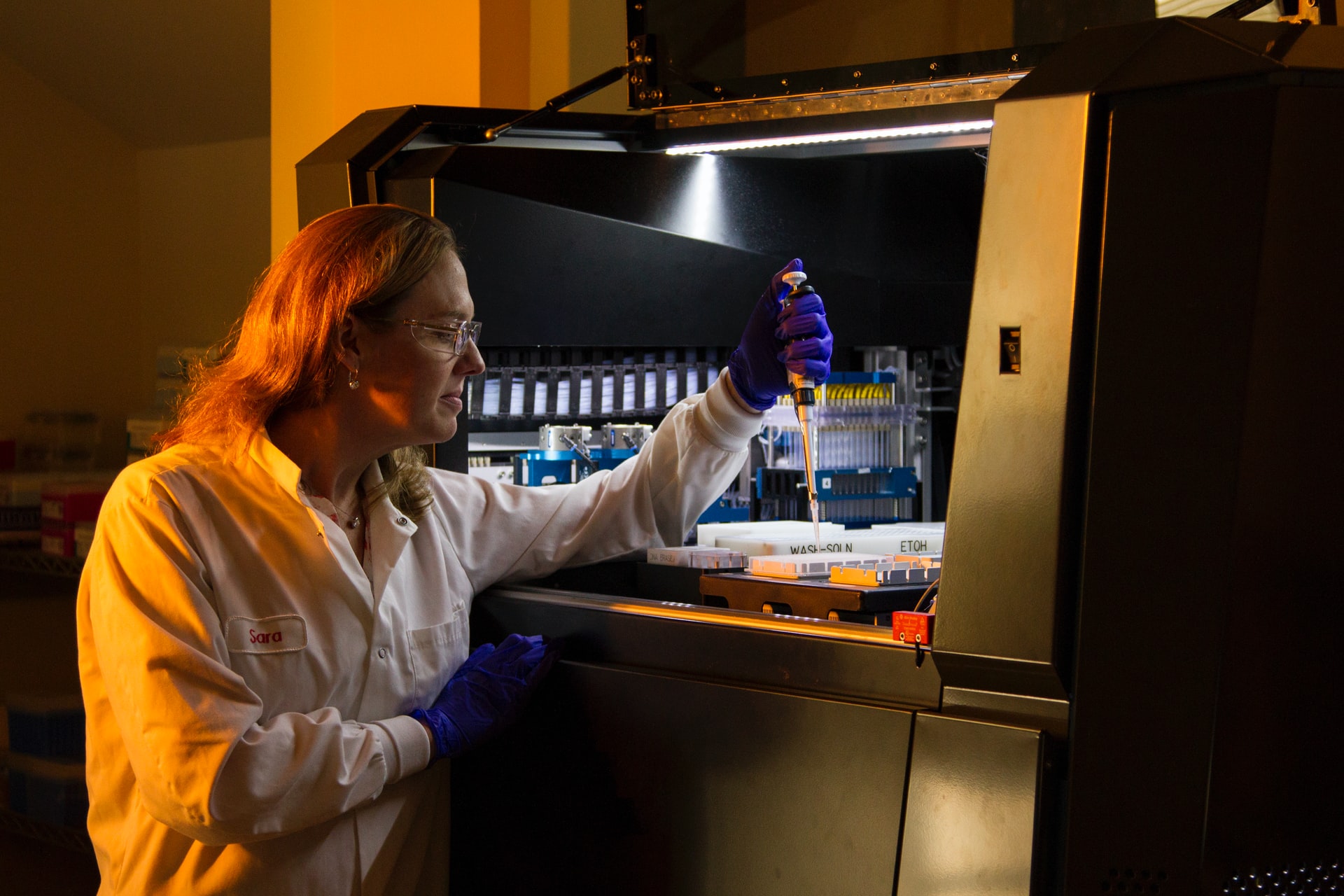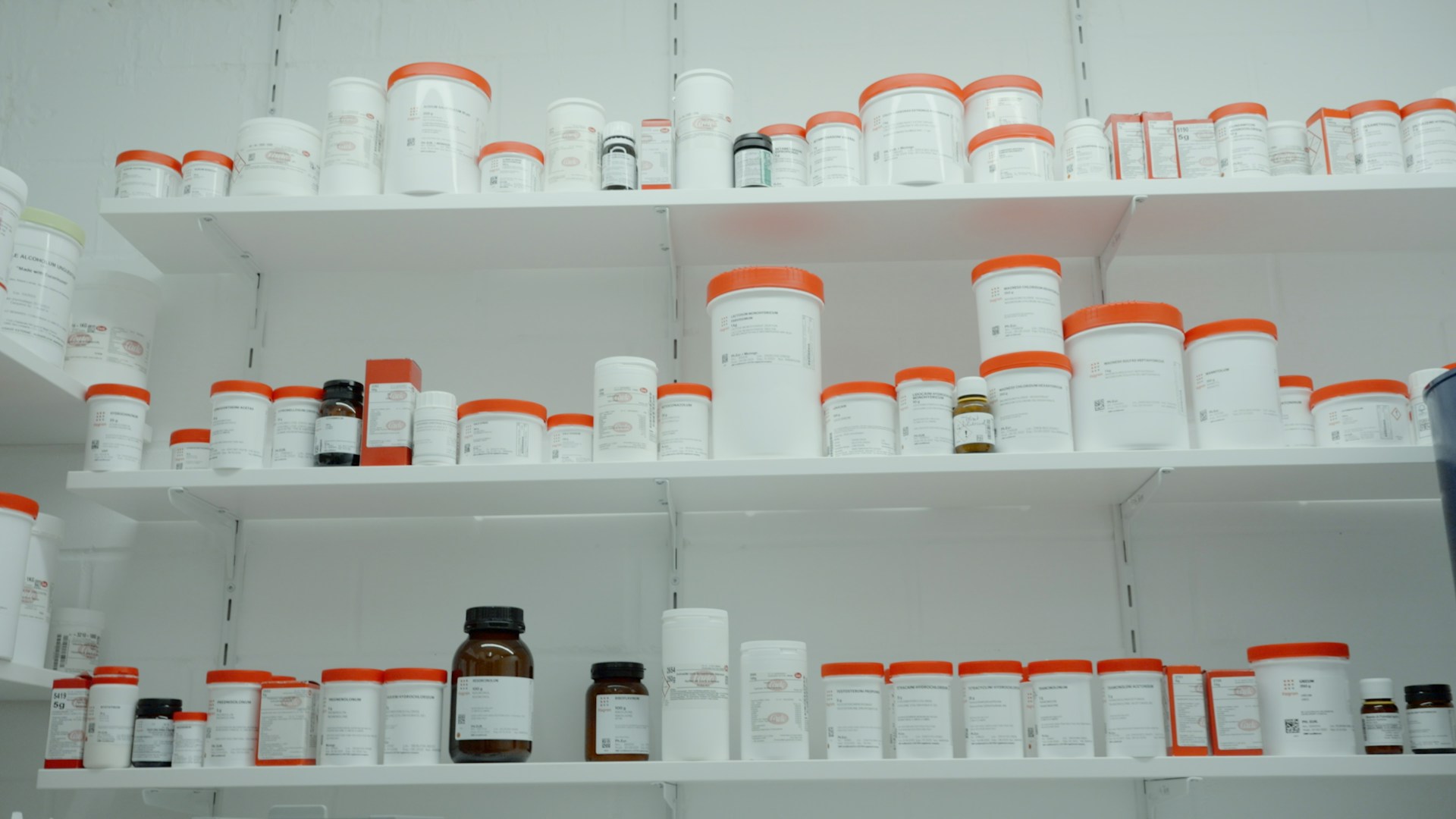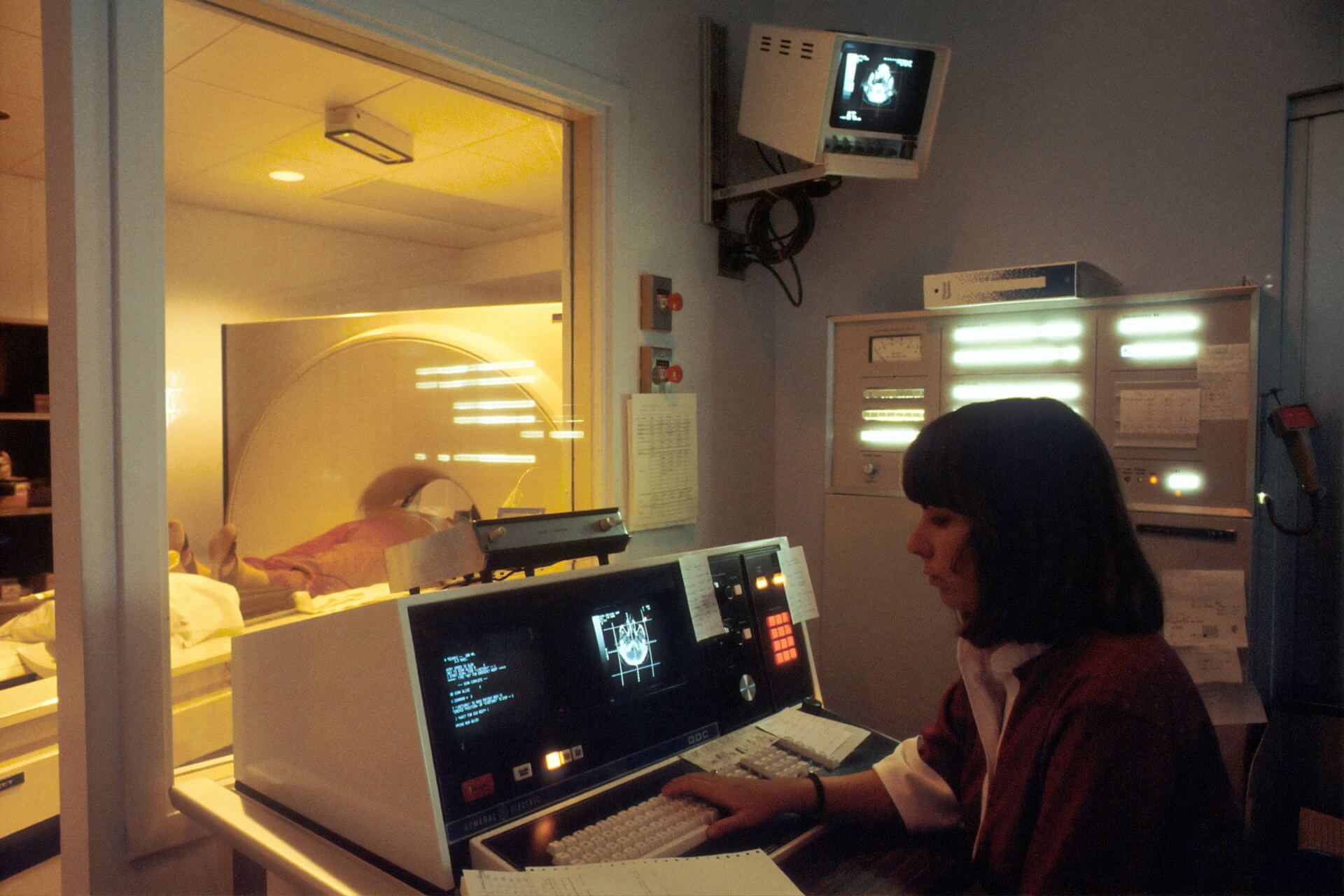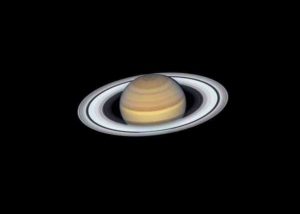
What’s The Difference? Biotechnology vs. Bioinformatics
October 11, 2022 - Ellie Gabel
Revolutionized is reader-supported. When you buy through links on our site, we may earn an affiliate commission. Learn more here.
We might not hear much about biotechnology or bioinformatics on the news. These science branches have far-reaching impacts on our daily lives. When comparing biotechnology vs. bioinformatics, what’s the difference? Is one more important than the other?
Defining Biotechnology
First, experts define biotechnology as “the exploitation of biological processes for industrial and other purposes, especially the genetic manipulation of microorganisms for the production of antibiotics, hormones, etc.” In simpler terms, biotechnology is the branch of science that uses living organisms create new products or technologies to improve human life. Consequently, everything, from your favorite alcoholic beverage to the antibiotics you take when you’re sick is the result of biotechnology research and experimentation.
Researchers who pursue careers in biotechnology will need to be proficient in many fields. These include everything from biology and chemistry to mathematics, physics, engineering and much more.
Defining Bioinformatics
Next, where biotechnology is the use of biological processes for creating new products and technologies, bioinformatics is the field that makes use of all the data that these experiments generate. Experts define bioinformatics as “the science of collecting and analyzing complex biological data such as genetic codes.” To illustrate, that means every time you hear someone mention gene sequencing or exploring the human genome in the news, you’re learning about bioinformatics.
Bioinformatics combines biology with computer science, thus it is more specialized but just as crucial as biotechnology.
Biotechnology vs. Bioinformatics: What’s the Difference?
What are the most significant differences between biotechnology and bioinformatics? The primary difference lies in learning vs. doing. Bioinformatics focuses on creating and using computational tools to collect, understand, and analyze data. Biotechnology focuses on using that data for lab-based experiments and other practical applications.
Recent Advances in Biotechnology
Biotechnology has changed dramatically in recent years. What are some of the most recent advances in biotechnology that you might have seen in the news?
Synthetic Biology or Synbio
Imagine taking microorganisms and reengineering them for all sorts of functional purposes. Synthetic biology does that. Recently, researchers have used this sort of biotechnology to alter microorganisms to remove pollutants from water or modify rice to produce beta-carotene to help prevent vitamin A deficiencies.
Tissue Engineering and Bioprinting
3D printing has become incredibly popular in recent years, and that popularity is extending to nearly every industry. In biotechnology, that means the ability to print tissue for medical applications or create lab-grown and cultured meat that could, in theory, replace some or all of the need for livestock.
Precision Medicine
Sometimes, medicine and medical knowledge rely on studying the human body and all its many forms and functions. Despite their achievements, those studies and the practices they create are limited by the number of participants. In other words, looking at each person’s genome allows doctors to customize treatments for each person’s unique genetics.
Recent Advances in Bioinformatics
Biotechnology isn’t the only field that’s advancing swiftly in the 2020s. How is bioinformatics changing as we move forward?
Gene Sequencing
Understanding the genome is the first step in using it to create medical treatments for genetic ailments. Gene sequencing is one of the most significant parts of bioinformatics. While we have sequenced the human genome, we’re still learning what each gene does. It will take longer to understand the impact that it is changing even a single gene can have. This research will have incredible benefits in the long run, but we still have a long way to go.
Artificial Intelligence and Big Data
Bioinformatics, at its core, is about collecting and analyzing data. Sorting through these massive sheaves of data is challenging for even the most skilled analyst, which is where big data and AI come in. An AI or machine learning system can sort through the data collected by bioinformatics projects. These systems can spot patterns and generate actionable insights with enough information to work with.
Which Field is Better?
Finally, when it comes to biotechnology vs. bioinformatics, you can’t have one without the other. Bioinformatics specialists collect the data that biotechnologists need to complete their jobs. Together, these two scientific fields can change and shape the way we approach everything from medicine to manufacturing and everything in between.
Revolutionized is reader-supported. When you buy through links on our site, we may earn an affiliate commission. Learn more here.
Author
Ellie Gabel
Ellie Gabel is a science writer specializing in astronomy and environmental science and is the Associate Editor of Revolutionized. Ellie's love of science stems from reading Richard Dawkins books and her favorite science magazines as a child, where she fell in love with the experiments included in each edition.







